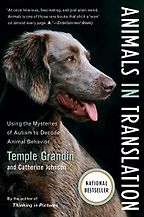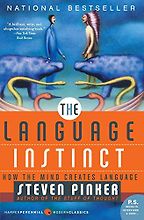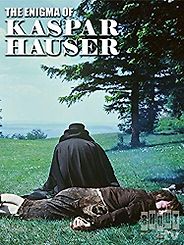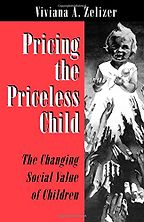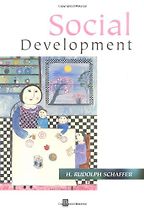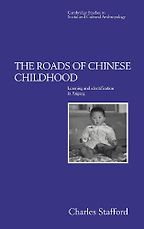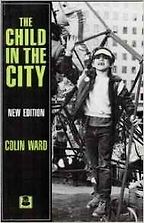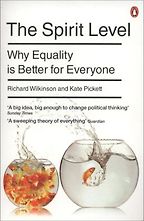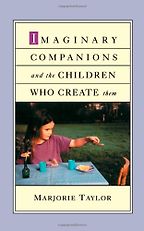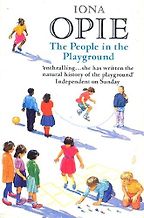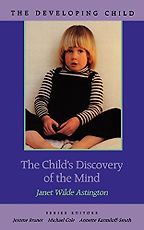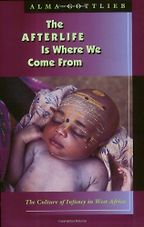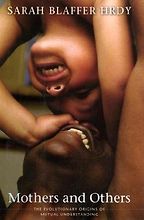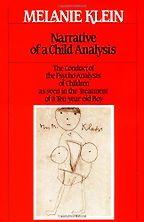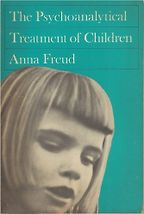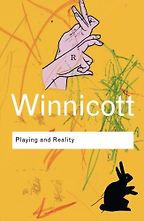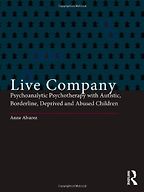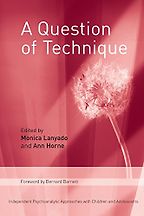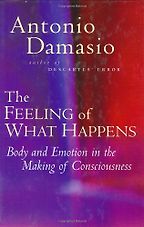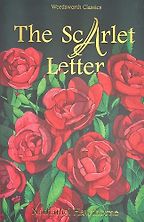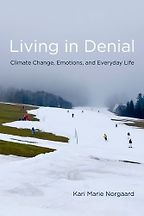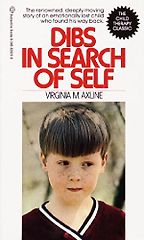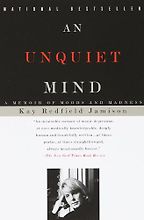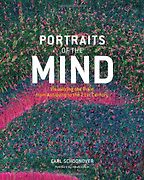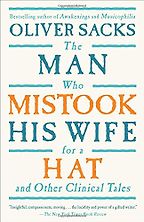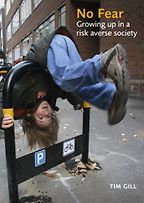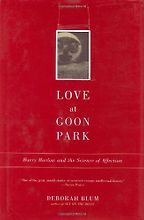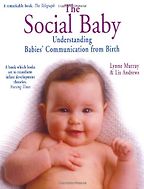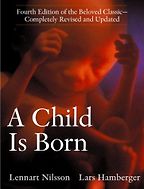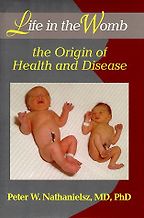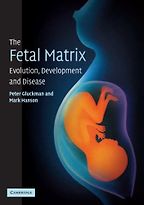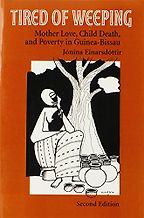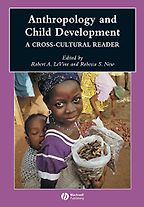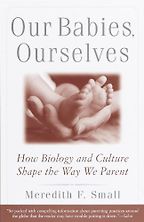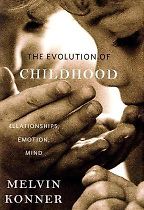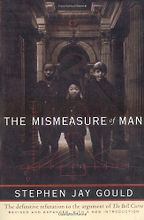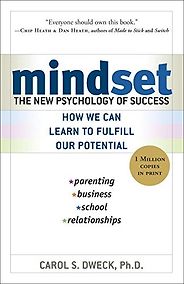Child Psychology
Last updated: November 04, 2024
Find below some of the best books on child psychology ever written, as recommended by some of the greatest experts in the field.
Child psychology, or developmental psychology, is the study of how an individual's cognitive, linguistic, emotional and social skills change and progress over the course of his or her lifetime. Areas of interest in this field include attachment theory, infant perception, the influence of gender and the development of theory of mind.
We've spoken to experts including the clinical psychologist Tanya Byron, the professor of perinatal psychobiology Vivette Glover and the psychologist and philosopher Alison Gopnik—who argues that children's minds and how they develop can provide insight into profound philosophical questions—and asked them to recommend the best books on child psychology and their specialist areas of expertise.
The best books on Autism and Developmental Psychology, recommended by Simon Baron-Cohen
Simon Baron-Cohen, the longstanding director of the University of Cambridge’s multidisciplinary Autism Research Centre, offers some recommended reading (plus a film to watch) to help you improve your understanding of the experience of those on the autism spectrum, or of developmental psychology more generally.
-
1
Pricing the Priceless Child: The Changing Social Value of Children
by Viviana A Zelizer -
2
Social Development
by H. Rudolph Schaffer -

3
The Roads of Chinese Childhood
by Charles Stafford -

4
The Child in the City
by Colin Ward -

5
The Spirit Level: Why Greater Equality Makes Societies Stronger
by Richard Wilkinson and Kate Pickett
The best books on Children, recommended by Jo Boyden
The best books on Children, recommended by Jo Boyden
We all know how children should be brought up, and rarely question the cultural norms that underly that certainty. But what does that mean for the policies we try to impose on the developing world? Jo Boyden, professor of international development at Oxford University and director of its Young Lives study, picks books that question our assumptions about how to successfully raise a child.
The best books on Children and their Minds, recommended by Alison Gopnik
Author and psychology professor, Alison Gopnik, tells us what’s going on in children’s minds – and that it’s a lot more than we may think
The best books on Child Psychotherapy, recommended by Judith Edwards
The Consultant Psychotherapist at The Tavistock Clinic explains the history of Child Psychotherapy and walks us through the five books that have influenced her most
The best books on Gender and Human Nature, recommended by Carol Gilligan
The idea that girls are emotional and “boys don’t cry” is ridiculous, says the feminist and psychologist. She tells us about books that debunk the gender myths that continue to restrict and distort our lives.
The best books on Child Psychology and Mental Health, recommended by Tanya Byron
Clinical psychologist, author and broadcaster discusses the stigmas attached to mental health problems, and asks whether, as a society, we are really doing what’s best for our children
The best books on Life Before Birth – And Life After It, recommended by Vivette Glover
The professor of perinatal psychobiology at Imperial College, London tells us how our understanding of foetal development and the importance of mother-child bonding has changed in recent decades
The best books on Play, recommended by Dorothy Singer
Play is a vital learning experience. But not all play is equal. Some helps children develop their imagination and learn cooperative behaviour. Some doesn’t. The Yale psychologist explains all
The best books on Understanding Infants, recommended by Tobias Hecht
The anthropologist explains how infants are socially aware and why behaviour thought inevitable in some cultures, such as tantrums, can be uncommon elsewhere
The best books on Essentialism, recommended by Susan Gelman
Putting people and things into categories is something we all do. It’s a useful shortcut but reveals biases. And it plays a role in everything from ethnic violence to childhood development, as psychologist Susan Gelman explains.


